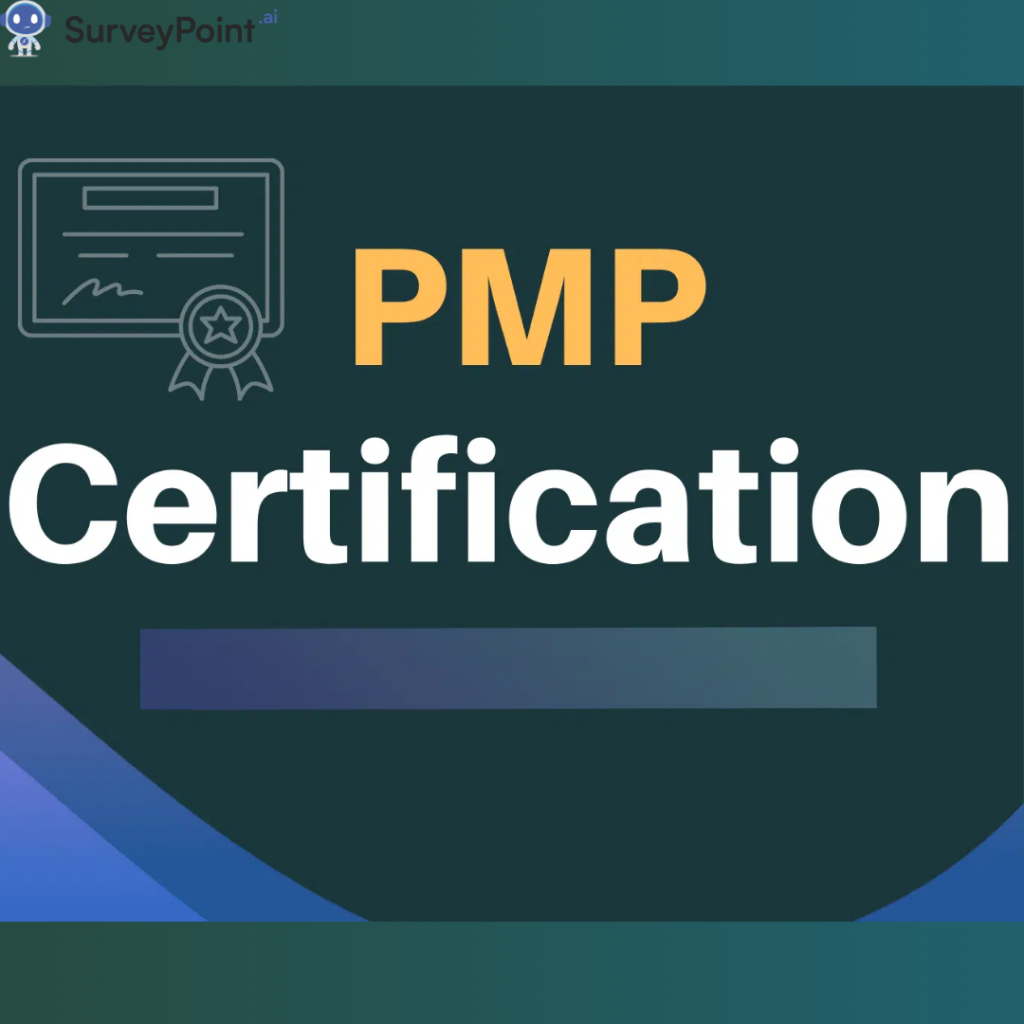
In the fast-paced and competitive world of business, success isn’t just about having a great product or service. It’s about knowing how to navigate the complexities of the market, anticipating changes, and staying ahead of the curve. This is where strategic management comes into play. Strategic management isn’t just a buzzword; it’s the roadmap that guides organizations toward their long-term goals and objectives. In this comprehensive guide, we’ll explore what strategic management entails, its various approaches, the benefits it offers, the strategic management process, real-world examples, and the career opportunities it presents.
What is Strategic Management?
At its core, strategic management is the art and science of formulating, implementing, and evaluating decisions that enable an organization to achieve its objectives. It involves analyzing internal strengths and weaknesses, as well as external opportunities and threats, to develop strategies that leverage resources and capabilities effectively. Strategic management is not a one-time event but an ongoing process that requires continual assessment and adjustment to align with changing circumstances.
Approaches to Strategic Management
There isn’t a one-size-fits-all approach to strategic management. Different organizations may adopt different approaches based on their goals, culture, and environment. Some of the common approaches include:
- Classical Approach: This approach emphasizes formal planning processes and systematic decision-making.
- Evolutionary Approach: Here, strategy emerges gradually through trial and error, learning, and adaptation.
- Processual Approach: Strategy is viewed as an ongoing, iterative process rather than a fixed plan.
- Systemic Approach: It considers the organization as a complex system influenced by various internal and external factors.
Each approach offers unique insights into how strategies are formulated, implemented, and adjusted over time.
Benefits of Strategic Management
Strategic management offers a plethora of benefits to organizations, including:
- Enhanced Decision-Making: Strategic management provides a framework for making informed decisions aligned with organizational objectives.
- Improved Resource Allocation: It ensures resources are allocated efficiently to maximize returns and minimize risks.
- Competitive Advantage: By identifying and capitalizing on opportunities, strategic management helps organizations stay ahead of the competition.
- Organizational Alignment: It aligns all levels of the organization toward common goals, fostering unity and synergy.
- Adaptability: Strategic management enables organizations to adapt to changing market dynamics and seize emerging opportunities effectively.
These benefits underscore the critical role of strategic management in driving organizational success and sustainability.
5 Steps of the Strategic Management Process
The strategic management process typically involves the following steps:
- Environmental Analysis: Assessing internal strengths and weaknesses, as well as external opportunities and threats.
- Strategy Formulation: Developing strategies based on the analysis to achieve organizational objectives.
- Strategy Implementation: Executing the formulated strategies through resource allocation, organizational change, and communication.
- Strategy Evaluation: Monitoring and evaluating the effectiveness of strategies in achieving desired outcomes.
- Strategy Adjustment: Making necessary adjustments to strategies based on evaluation results and changing circumstances.
This cyclical process ensures that organizations remain agile and responsive to their environments.
Examples of Strategic Management in Practice
Numerous organizations exemplify effective strategic management in action. For instance:
- Apple Inc.: Apple’s relentless focus on innovation and user experience has propelled it to become a global leader in technology.
- Toyota: Toyota’s renowned Toyota Production System and commitment to continuous improvement have established it as a benchmark for operational excellence in the automotive industry.
- Amazon: Amazon’s customer-centric approach, coupled with strategic investments in logistics and technology, has fueled its unprecedented growth and dominance in e-commerce.
These examples demonstrate how strategic management can translate into tangible results and sustained competitive advantage.
Careers That Apply Strategic Management
Several careers rely heavily on strategic management skills, including:
- Management Consultant: Consultants help organizations analyze their current state, identify opportunities, and develop strategies to achieve their goals.
- Business Analyst: Analysts gather and analyze data to provide insights that inform strategic decision-making.
- Strategic Planner: Planners develop long-term plans and initiatives to guide organizational growth and success.
- Chief Strategy Officer (CSO): CSOs are responsible for setting the overall strategic direction of an organization and ensuring alignment with its mission and goals.
- Entrepreneur: Entrepreneurs use strategic management principles to identify market opportunities, develop business plans, and navigate the complexities of starting and growing a business.
These careers require a deep understanding of strategic management concepts and the ability to apply them effectively in various contexts.
Conclusion
Strategic management is more than just a theoretical concept; it’s the lifeblood of successful organizations. By understanding its principles, approaches, and processes, organizations can navigate uncertainty, capitalize on opportunities, and achieve their long-term objectives. Strategic management isn’t a one-time task but a continuous journey of analysis, planning, execution, and adaptation. Embracing strategic management isn’t just an option for organizations seeking success; it’s a necessity in today’s dynamic and competitive business landscape.




